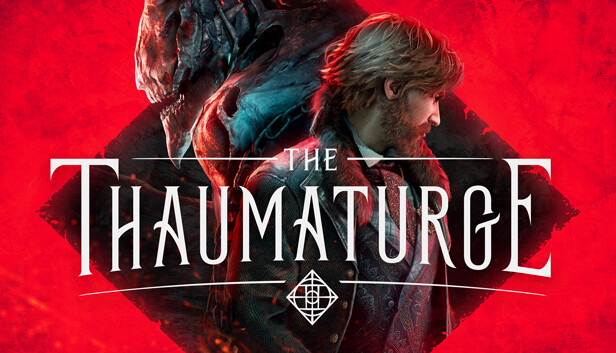Developer: Fool’s Theory
Publisher: 11 bit studios
Release date: March 4th, 2024
Price: $34.99
Where to buy: Steam, PSN, Epic
The Thaumaturge emerges as a unique blend of detective RPG and historical fantasy, offering a compelling experience for players who enjoy unraveling intricate narratives and engaging in strategic turn-based combat. Set in a fictionalized version of 19th century Warsaw, the game throws you into the shoes of Wiktor, a disgraced detective tasked with investigating a series of supernatural occurrences.
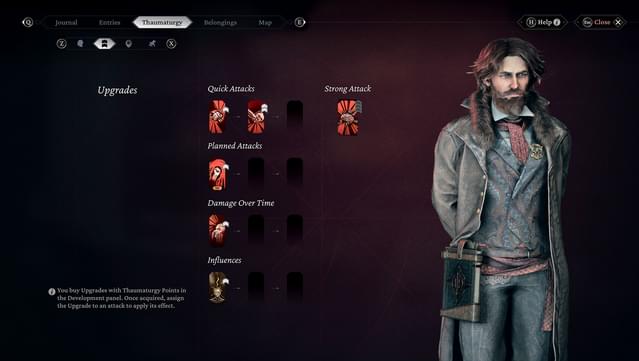
One of the game’s strongest aspects is its rich and atmospheric world-building. The developers, Fool’s Theory, have meticulously crafted a Warsaw brimming with life, capturing the essence of the era while weaving in fantastical elements like alchemy and mysticism. This unique blend creates a captivating backdrop for the unfolding mystery, leaving players eager to delve deeper into the city’s secrets.
The Thaumaturge offers a refreshing blend of detective gameplay and turn-based combat, crafting an experience that goes beyond the typical RPG formula. This essay dives deep into the intricacies of its gameplay, exploring its strengths, weaknesses, and unique mechanics.
Investigating the Mysteries:
The detective aspects of The Thaumaturge take center stage, drawing inspiration from games like Divinity: Original Sin. Players take on the role of Wiktor, a disgraced detective utilizing his keen senses and knowledge of the city to unravel a series of supernatural occurrences.
The investigation process involves various steps:
- Examining the Scene: Players meticulously analyze crime scenes, searching for hidden objects, clues, and even remnants of emotions attached to objects. This “emotion sense” adds another layer of depth, allowing Wiktor to understand the events and feelings surrounding the crime.
- Interrogating Suspects: Engaging in conversations with characters is crucial, as players need to choose the right dialogue options to extract information, assess their trustworthiness, and uncover hidden motives.
- Deduction and Choice: By piecing together gathered clues and observations, players form deductions about the case. These deductions can then lead to pivotal decisions that influence the narrative and potentially unlock new areas to explore.
This emphasis on player agency in the investigation process fosters a sense of immersion and keeps players actively involved in uncovering the truth. The branching narrative rewards players for their choices, leading to different encounters, character relationships, and potentially altering the game’s resolution.
Engaging in Tactical Combat:
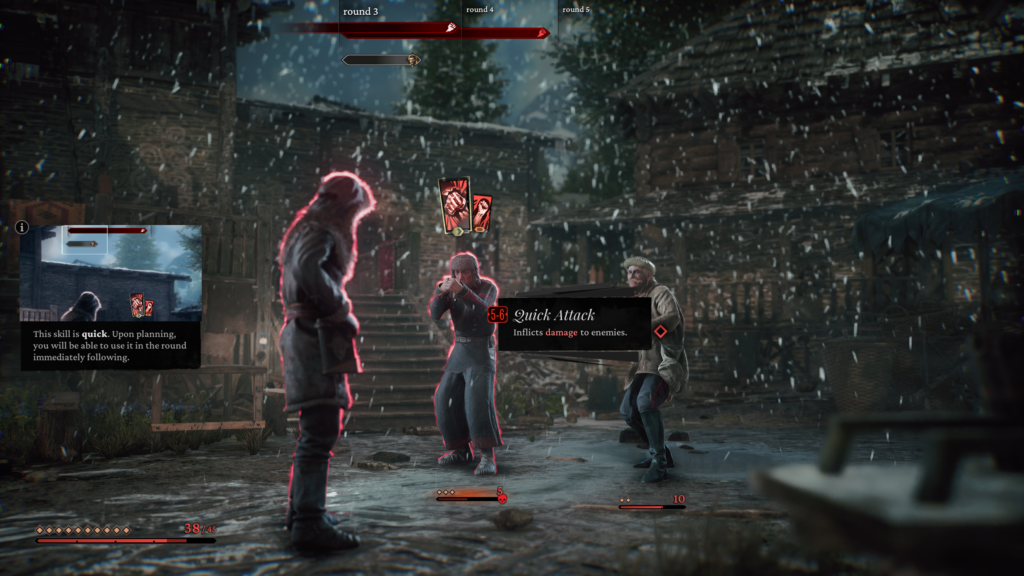
While investigations form the core, combat encounters in The Thaumaturge provide a refreshing change of pace. The turn-based system, reminiscent of games like XCOM, offers strategic depth and demands careful planning.
Here are some key aspects of the combat system:
- Focus System: This unique mechanic adds a layer of complexity to the turn-based battles. Each character, both player and enemy, possesses a “focus” meter. Performing actions depletes this meter, and once depleted, the character becomes stunned and vulnerable. This system encourages strategic use of abilities and attacks, as focusing on depleting an enemy’s focus can set them up for powerful finishing moves.
- Character Abilities: Wiktor and his companions each have unique skill trees with abilities that cater to different roles. Players can choose a balanced approach or specialize their party towards specific combat styles, such as damage dealing, support, or crowd control.
- Environmental Interaction: The environment plays a vital role in combat. Players can utilize objects in the surroundings to their advantage, such as setting traps, creating cover, or manipulating the battlefield to gain tactical superiority.
While the combat system offers tactical depth, it might not be for everyone. The turn-based nature can feel slow-paced at times, especially compared to the fast-paced action found in other RPGs. Additionally, the combat encounters can be challenging, and players who prefer a more forgiving difficulty curve might find themselves struggling.
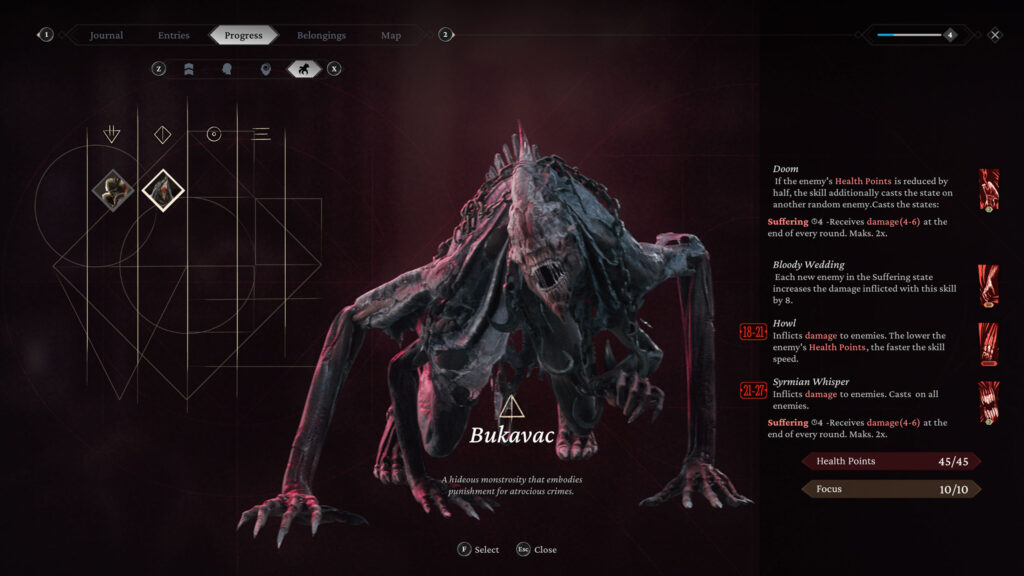
The detective gameplay is another highlight. Players gather clues, interrogate suspects, and make crucial choices that can shape the narrative. The branching story line allows for replay-ability, with decisions impacting the characters you encounter and the ultimate resolution of the central mystery. This emphasis on player agency fosters a sense of immersion and keeps you invested in the story’s progression.
Combat in The Thaumaturge is a strategic turn-based affair. While reminiscent of games like Divinity: Original Sin, it incorporates a unique “focus” system. Depleting an enemy’s focus not only stuns them but also opens them up for powerful finishing moves. This adds an extra layer of depth and tactical consideration to battles, making them engaging and rewarding.
However, The Thaumaturge isn’t without its flaws. The game can be slow-paced at times, especially during dialogue-heavy sections. Additionally, some players might find the user interface overly complex, especially during the initial stages of the game.
Despite these minor shortcomings, The Thaumaturge offers a captivating experience for RPG fans seeking a unique blend of detective intrigue and fantastical elements. With its rich world-building, engaging narrative, and strategic combat, the game is sure to enthrall players who enjoy unraveling mysteries and shaping their own destinies within a captivating historical setting.
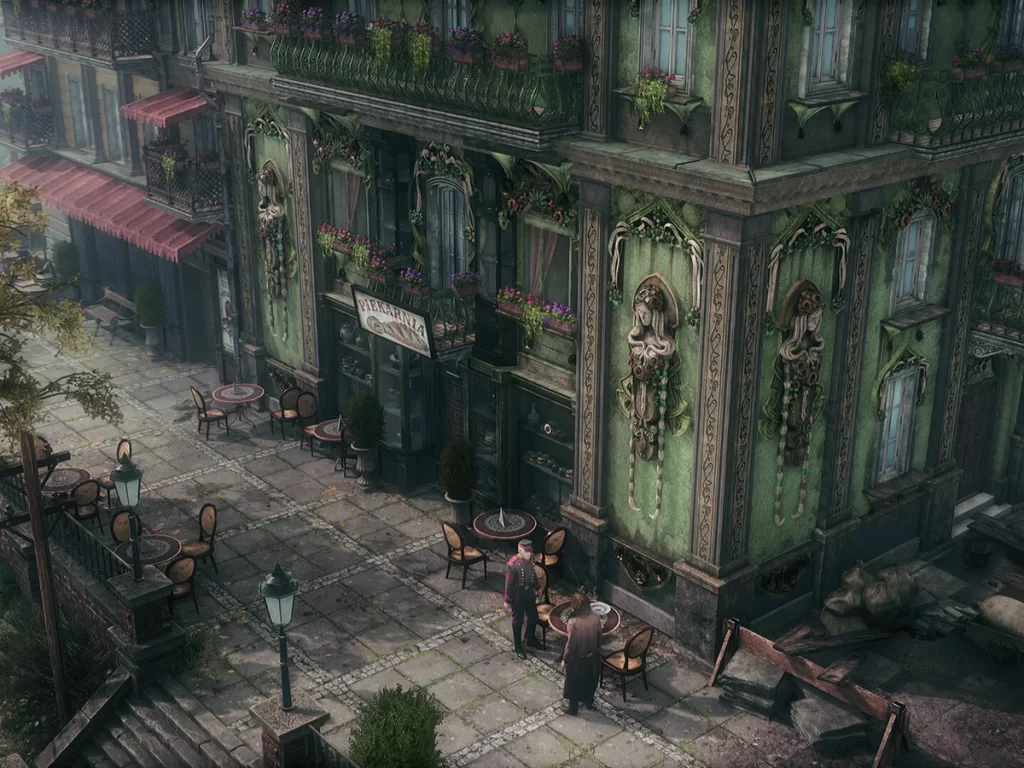
In conclusion,
The Thaumaturge is a compelling detective RPG that stands out with its unique historical fantasy setting and intricate narrative choices. While the slow pacing and complex interface might deter some players, the game’s strengths lie in its immersive world, engaging story, and strategic combat system.
